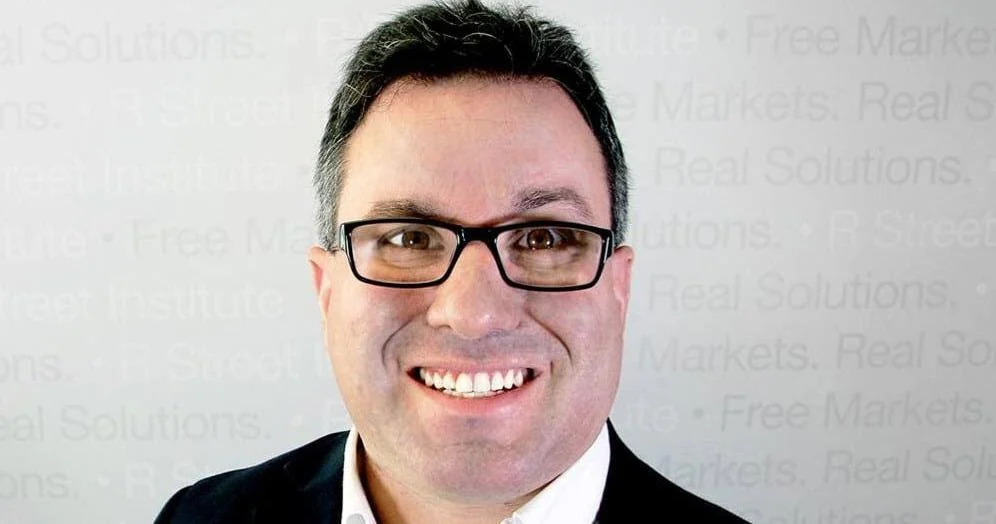Copyright timesnownews

In a world where people still fake coughs to score a sick day, a young employee in Gurgaon decided to go for brutal honesty — and it worked like a charm. A breakup, a heartfelt email, and a refreshingly empathetic CEO have sparked one of the most talked-about moments in modern work culture. Recently, Jasveer Singh, co-founder and CEO of Knot Dating, took to X (formerly Twitter) to share what he called the “most honest leave request” he had ever received. One of his employees had written to him with a simple yet striking confession: “I recently had a breakup and haven’t been able to focus on work. I need a short break. I’m working from home today, so I’d like to take leave from the 28th to the 8th.” No sugar-coating. No excuses. Just plain, raw truth. Singh didn’t just approve the request — he praised it. Describing it as a demonstration of openness and vulnerability, he praised the worker's honesty and emphasized how this emerging generation of professionals is transforming workplace relationships. His post quickly gained widespread attention, and for valid reasons. It was more than a charming story about heartbreak; it served as a reminder that transparency and mental health warrant equal importance in the workplace alongside productivity and deadlines. The New Language of Honesty at Work Let’s face it — not too long ago, admitting you were emotionally drained at work would have been unthinkable. People would rather fake a fever than say, “I can’t function because I’m heartbroken.” The unspoken rule was simple: leave your emotions at the door, and pick them up on your way out. But times are changing — and fast. Today's workers, particularly Gen Z, have no desire to act like robots. They express their feelings regarding boundaries, burnout, and the necessity for mental space. They prefer to be open about their challenges rather than silently deteriorate from the stress of feigning perfection. What’s even more heartening is that leaders like Singh are listening. Instead of rolling their eyes at what older generations might dismiss as “too soft,” they’re choosing empathy. And that’s not weakness — it’s wisdom. Why Empathy Is the New Superpower for Leaders Let’s be honest — heartbreaks, anxiety, and emotional exhaustion don’t vanish just because someone is sitting at a desk. They influence concentration, efficiency, and innovation. Disregarding them doesn’t make them vanish; it merely pushes them into hiding. When Singh chose to validate his employee’s honesty rather than penalise it, he did something quietly radical — he humanised leadership. In an era focused on deadlines and results, recognizing emotional health can foster much stronger loyalty and trust than a salary increase ever would. Workers recall compassion. They recall being acknowledged and backed. These moments influence workplace culture much more significantly than Friday pizza parties or corporate retreats. After all, empathy spreads easily. When a leader demonstrates trust and empathy, it inspires others to do the same. Teams grow increasingly open, communication becomes more authentic, and individuals feel safer expressing their true selves — emotions, vulnerabilities, and everything in between. Reasons Mental Health Needs a Dedicated Leave Policy Though a “breakup leave” may seem unusual, it’s essentially the same as taking time off to heal from any other emotional distress. Heartache, sorrow, worry — each impacts our mental capacity. India’s work culture, while changing, still retains elements of the “always-on” mentality — where excessive work is celebrated and vulnerability is misinterpreted as fragility. However, transformation is on the horizon. With discussions about mental health gaining popularity, an increasing number of workplaces are starting to view emotional well-being as vital rather than optional. Certain companies have begun implementing mental health days — leave without questions where employees can take a day off to rejuvenate. Others are offering therapy reimbursements, flexible working hours, and access to counselors. It's not only ethical — it's also beneficial for business. Content, well-adjusted employees exhibit greater creativity, resilience, and loyalty. The Key Point: Have Faith in Your Team; They Will Amaze You The true enchantment of this tale resides in the confidence it symbolizes. The worker had enough confidence in their supervisor to be truthful. The manager had enough faith in the worker to reply with empathy. That mutual trust — that simple human exchange — is the foundation of any healthy workplace. In a country where talking about mental health is still catching up, this small act of empathy stands as a reminder that leadership isn’t about hierarchy; it’s about humanity. So, the next time someone needs a “breakup leave,” maybe we shouldn’t smirk. Maybe we should applaud their courage to be honest. Because let’s be real — the best leaders aren’t the ones who only chase targets. They’re the ones who understand that behind every deliverable is a human being, sometimes running on heartbreak, coffee, and hope. Fun Fact Did you know that heartbreak activates the same parts of the brain as physical pain? That’s right — your brain can’t tell the difference between a breakup and a burn. So, when someone says they’re “hurting,” they literally are. Maybe that’s reason enough to sign off that “breakup leave” with a smile and a little empathy. Because sometimes, the most productive thing you can do for your team — is to simply let them heal.



